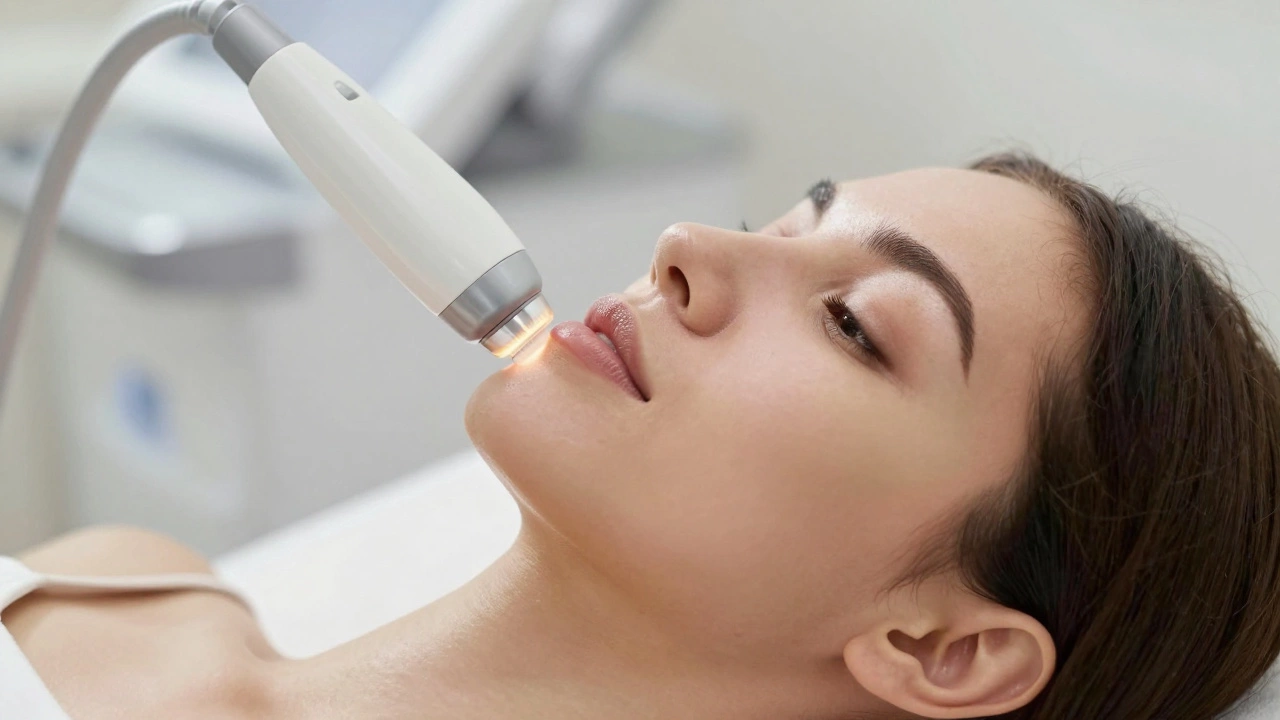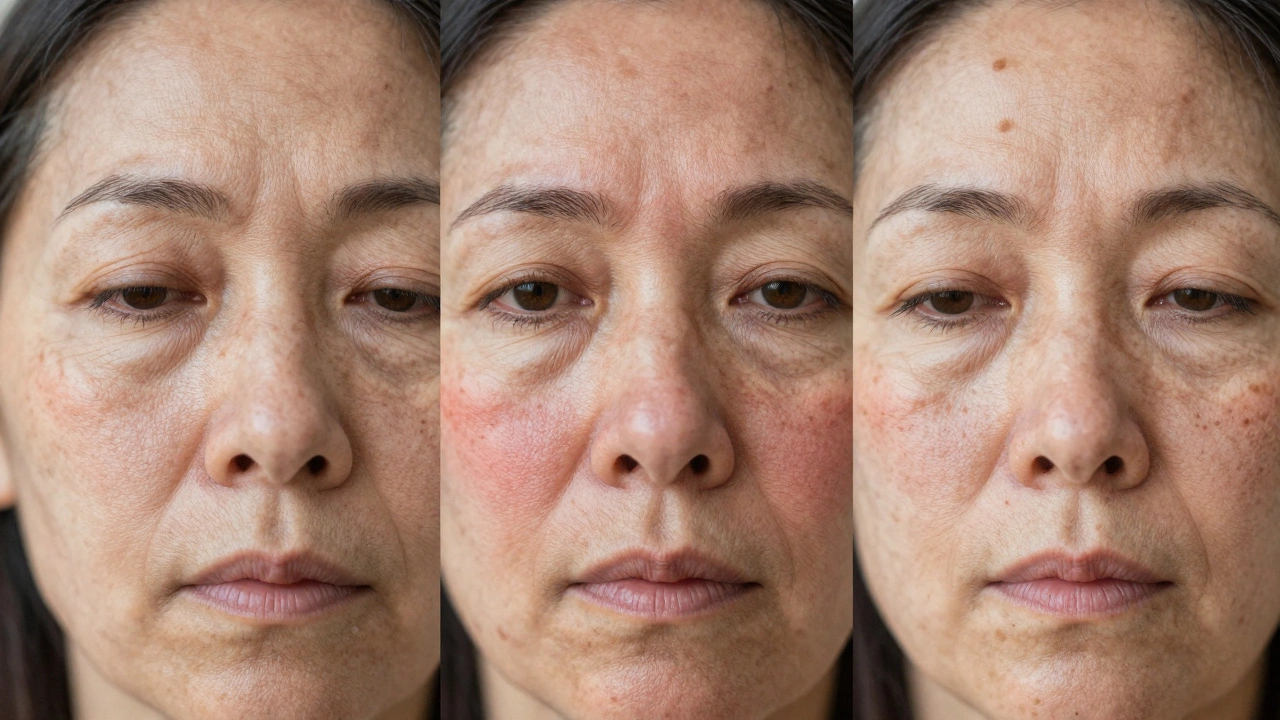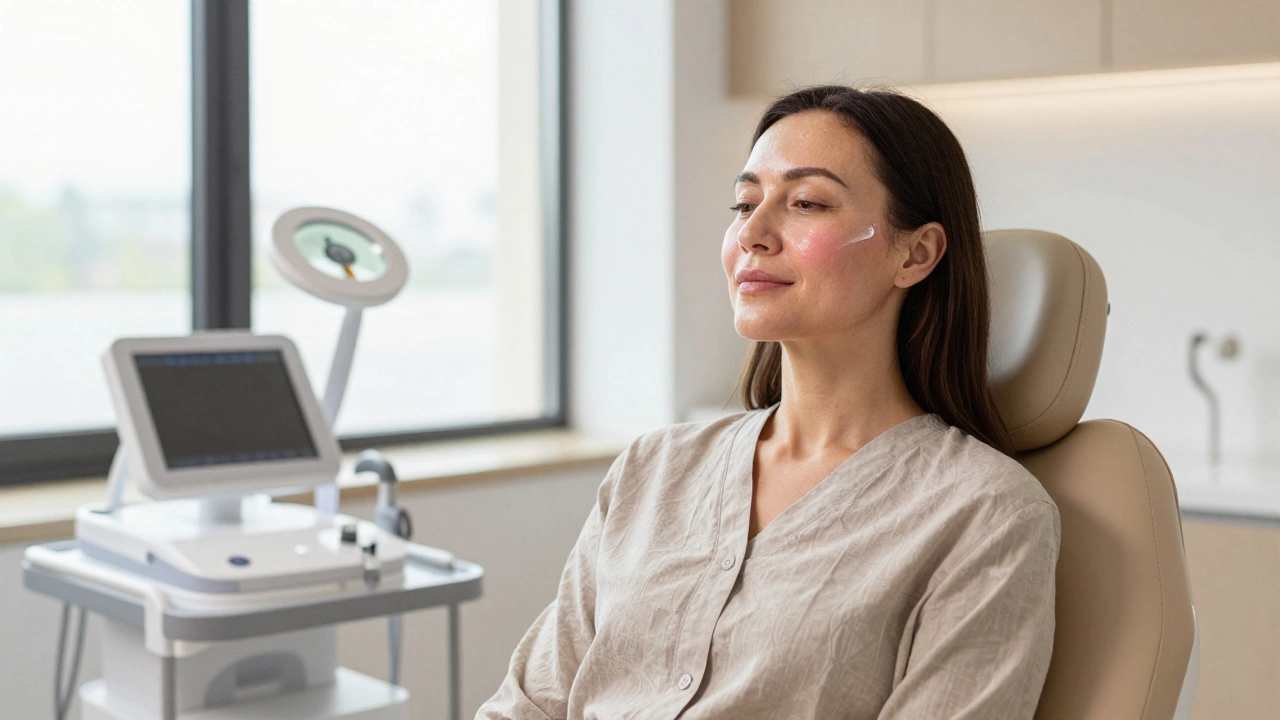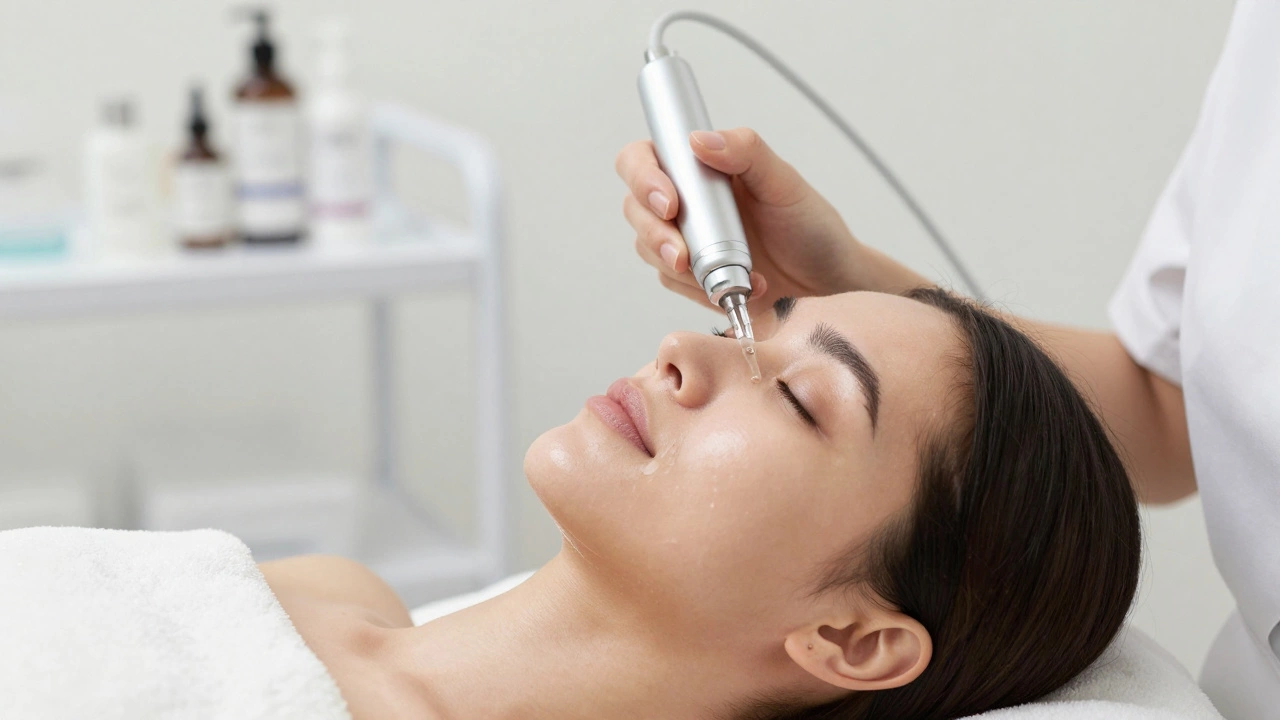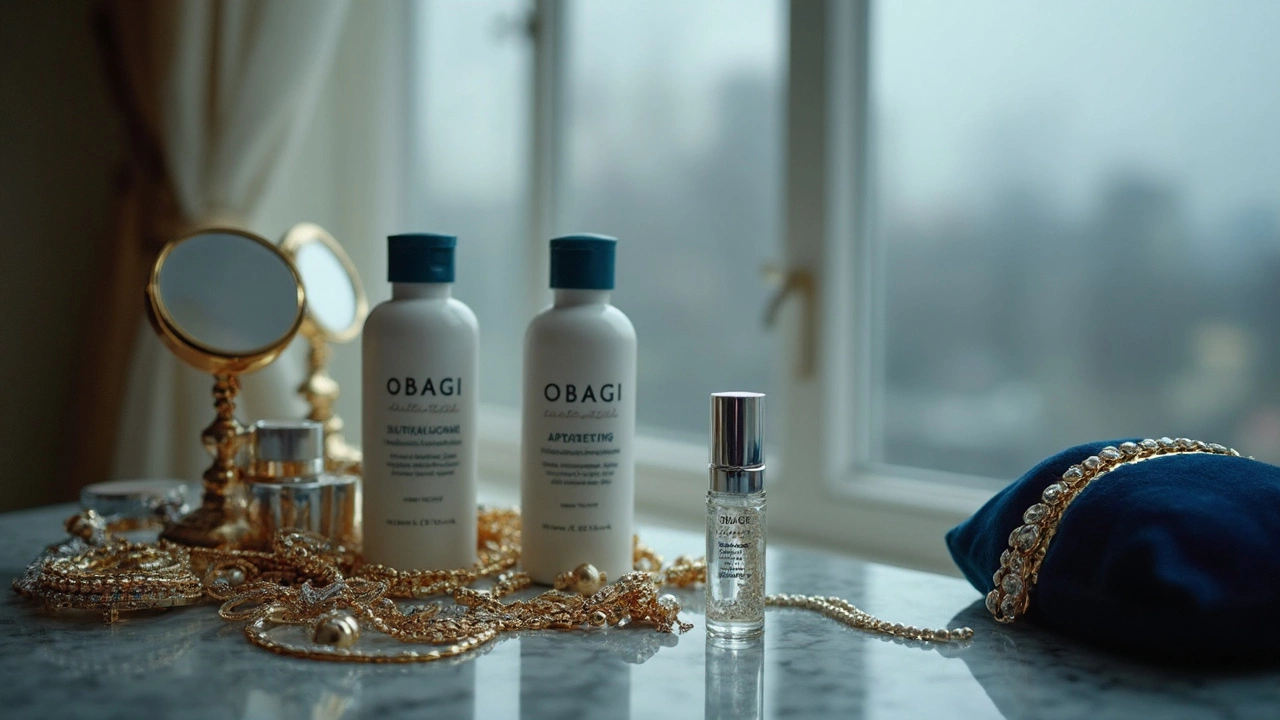Professional Skincare: What You Need to Know
Ever wonder why some people swear by pricey serums while others stick to drugstore basics? The secret usually lies in who’s behind the product and how it’s formulated. In this guide we’ll break down the main players, show you when to book a professional appointment, and give straight‑forward advice on medical‑grade skincare that actually works.
Who Should Treat Your Skin? Dermatologist vs Esthetician
First things first: not every skin concern needs a doctor. Dermatologists are medical doctors trained to diagnose and treat skin diseases, prescribe medication, and perform procedures like lasers or chemical peels. If you have persistent acne, eczema, suspicious moles, or need prescription‑strength retinoids, a dermatologist is the right call.
Estheticians, on the other hand, focus on beauty‑focused treatments. They can give you facials, micro‑needling, and advice on over‑the‑counter products. For routine maintenance, mild exfoliation, or a relaxing facial, an esthetician is often enough and usually cheaper.
Knowing the difference saves time and money. Think of it like this: you’d see a mechanic for engine trouble, but you’d visit a car wash for a quick shine. Use the professional who matches the severity of your issue.
Medical‑Grade Products: Are They Worth It?
Medical‑grade doesn’t automatically mean “better for everyone,” but it does signal higher ingredient concentrations and stricter testing. Brands like Obagi and Skinceuticals fall into this category. They often contain prescription‑level actives such as higher % of vitamin C, niacinamide, or retinoids. This is why they tend to cost more.
If you have specific concerns—like hyperpigmentation, fine lines, or a weakened skin barrier—these potent formulas can speed up results. However, they can also irritate sensitive skin if you jump in without a gradual approach. Start with a lower frequency, patch‑test, and watch how your skin reacts.
For most people, a solid routine of a gentle cleanser, sunscreen, and a moisturizer with antioxidants covers daily needs. Save the medical‑grade upgrades for targeted issues or when a professional recommends them.
One practical tip: look for products that list the active ingredient and its percentage on the label. That transparency lets you compare potency across brands without guessing.
Now, let’s talk anti‑aging, the hot topic that drives many purchases. Ingredients like retinoids, peptides, and vitamin C have solid research backing their ability to smooth wrinkles and boost collagen. When you see a serum boasting “clinical strength,” check if it actually contains a measurable amount of these actives.
In short, professional skincare isn’t a mystery. Pick the right expert for the right problem, use medical‑grade products when you need a stronger punch, and keep the basics—cleanser, sunscreen, moisturizer—on lock. Your skin will thank you with fewer breakouts, less redness, and a glow that feels earned, not just sold.

